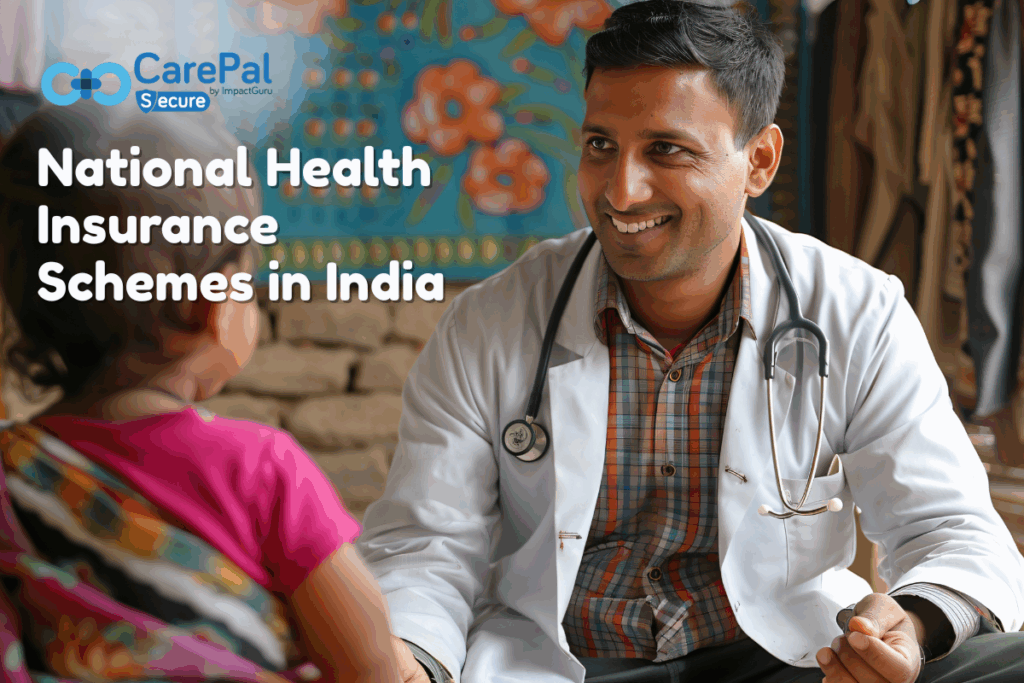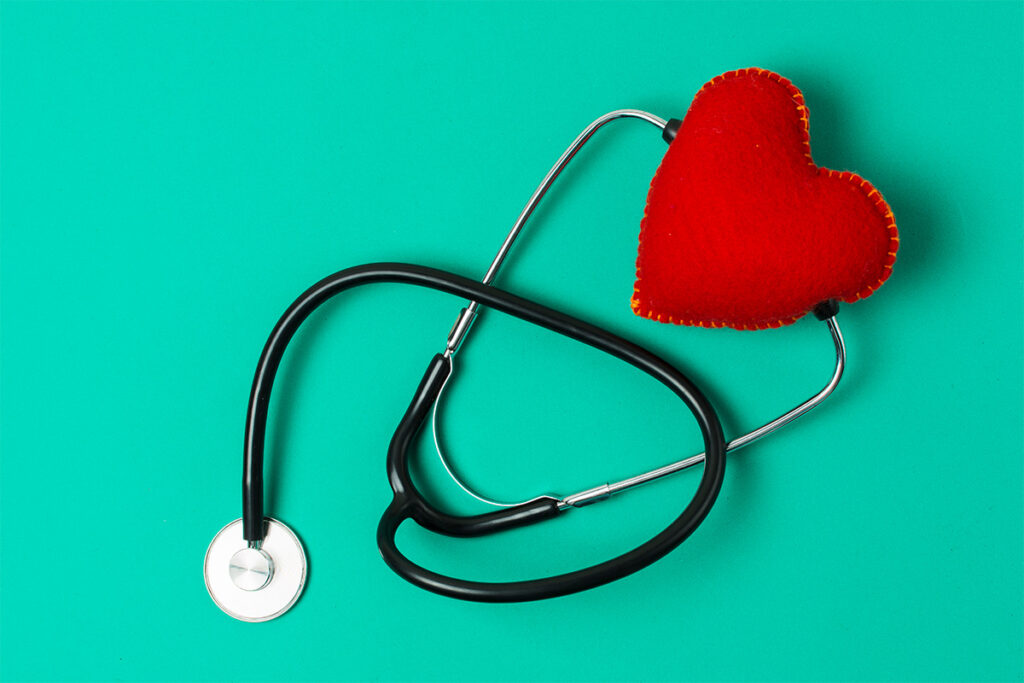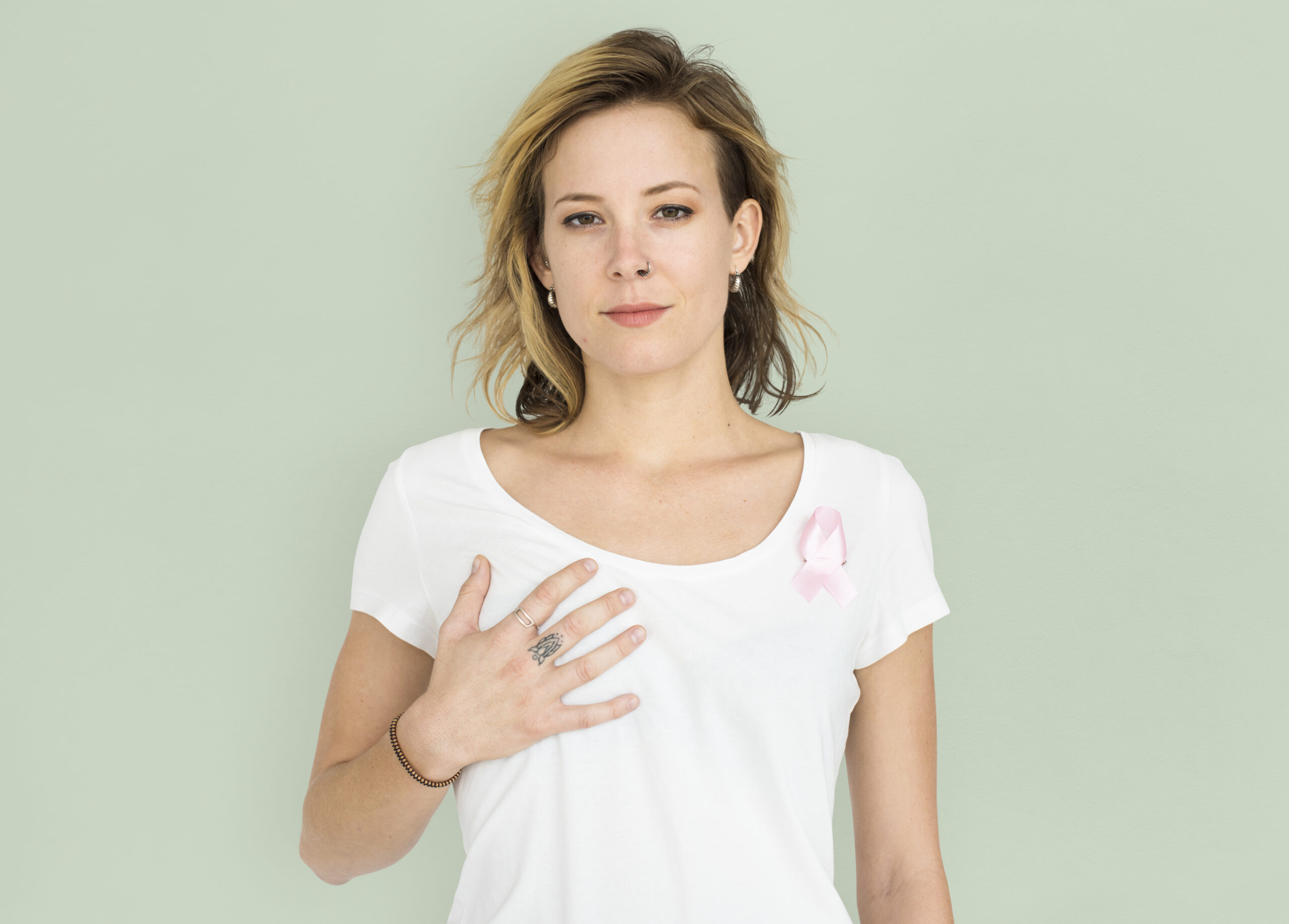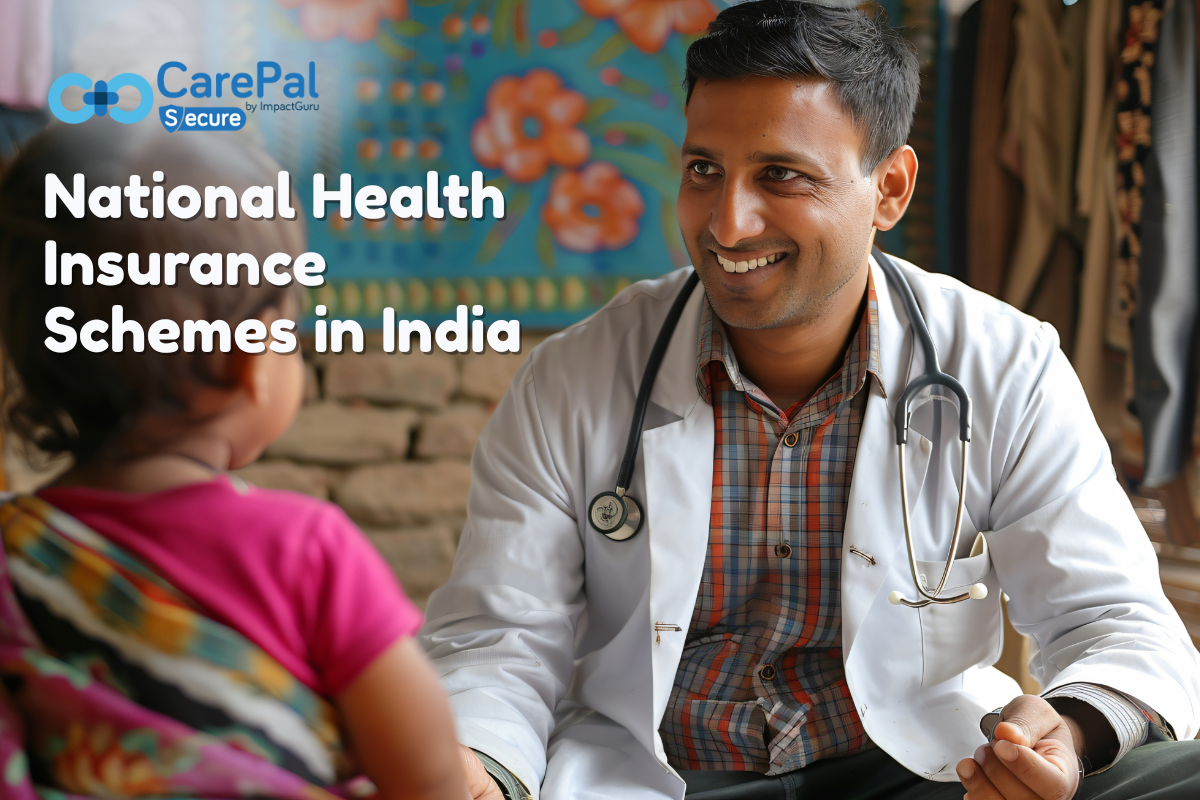When it comes to making a health insurance claim, there are a couple of paths that you can take. On one side of the coin is cashless claims, where you sit back and leave the burden of bill payment on your insurer. Your insurance company will settle the bill directly with the hospital. On the flip side is the reimbursement claim, where you pay the bills upfront and then ask for a refund. Different strokes for different folks! As a policyholder, you can choose any of the claim procedures!
Cashless claims are a comparatively new introduction in the insurance industry and have become quite popular. It’s more like swiping your card than opening your wallet for payment. So, let’s dive into the knowledge pool and check what makes these two claims different.
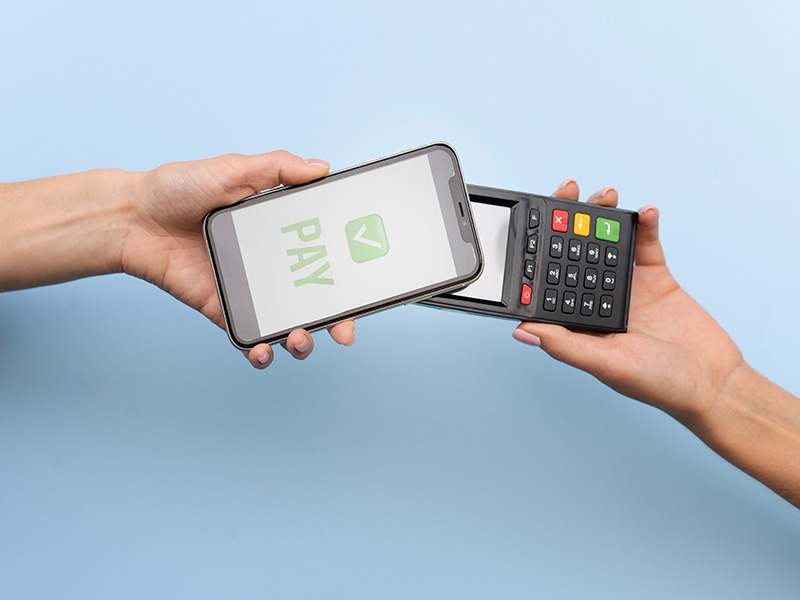
What is a reimbursement claim?
Let’s talk about the reimbursement claim first. As the name may suggest, a reimbursement claim is one where the health insured has to pay for all the medical treatment bills at the time of discharge. Simply put, you foot the bill upfront, out of your pocket. Then, you gather up those receipts and bills and send them off to your insurer. Let’s understand more about it.
- Pros of reimbursement claims
A reimbursement is a bit of a hassle up front, but hey, at least you’re getting your money back in the end. Here are some pros you can expect:
- It is a flexible option as the insured is free to choose a hospital of their preference
- You can control the payment method. For instance, some credit cards may offer rewards and cashback on bill payments.
Note: With a reimbursement claim, you can seek medical treatments at any hospital of your choice, even if it is not in your insurer’s network.
- Cons of reimbursement claims
Reimbursement claims have certain limitations, like:
- If you are tight on funds, reimbursement claims can become tough since you have to pay all the bills at disbursal
- Reimbursement claims involve hassle paperwork and take time to get approved and reimbursed
What is a cashless claim?
A cashless claim is a hassle-free claim process. Here, the insurance company pays all the bills directly to the hospital without you having to be involved. Hence, the insurer doesn’t have to disturb their savings. Only a few expenses may have to be borne by the health insured, while the majority is paid by the insurance company.
- Pros of cashless claims
Here are the reasons that make cashless claims more popular:
- With cashless claims, you don’t have to whip your wallet. Your insurer settles all the admissible bills directly to the hospital
- Cashless claims give you the freedom to arrange funds for ongoing medical expenses
- The patient can direct all the focus to recovery rather than expenses. Hence, it offers peace of mind.
- Cons of cashless claims
Certain limitations with cashless claims are:
- Cashless claims require the insured to seek medical treatments at a network/empanelled hospital, which may limit the options for the insured
- If your vicinity doesn’t have a network hospital then in times of an emergency, you may have to resort to a reimbursement claim process.
- Cashless claims may sometimes take a little too long and delay your discharge.
Pro Tip: To avoid claim rejections, you must understand the claim processes and documentation properly when purchasing the policy. Your insurance executive can help you understand all the terms and clauses.
If you are looking for teleconsultation and OPD coverage with diagnostics and pharmacy discounts, then you can opt for a Health Protection Plan from CarePal Secure for optimal coverage.
Conclusion
Both claims serve the basic purpose of covering medical expenses, but the difference lies in the method of payment. Cashless claims are simpler. Your insurer handles all the payments, while in a reimbursement, you have to pay upfront and later raise a refund claim. Choose the process that you deem right!
Frequently Asked Questions
Why is digestive health important for overall well-being?
Good digestion ensures proper nutrient absorption, strengthens immunity, and boosts energy levels. It also prevents complications like weight gain, hormonal imbalances, and chronic diseases.
What are the key factors to consider when selecting health insurance for digestive disorders?
Consider the insurer’s financial stability, claims process, coverage terms, and inclusion of services like teleconsultation and diagnostic tests. These factors ensure smooth access to care and timely claim settlements.
How can poor digestion lead to other health complications?
- Poor digestion can cause nutrient deficiencies, weakening the immune system and leading to fatigue. It’s also linked to weight gain, diabetes, and mental health issues.
What lifestyle changes can improve your digestive health naturally?
- Adopt a balanced diet rich in fiber and fermented foods, quit smoking, avoid alcohol, exercise regularly, and manage stress to support healthy digestion.
What makes the CarePal Secure Max Plan ideal for digestive health coverage?
It offers comprehensive benefits, including hospitalization, diagnostic tests, and teleconsultation, with a reduced waiting period for pre-existing conditions and cashless treatments.



